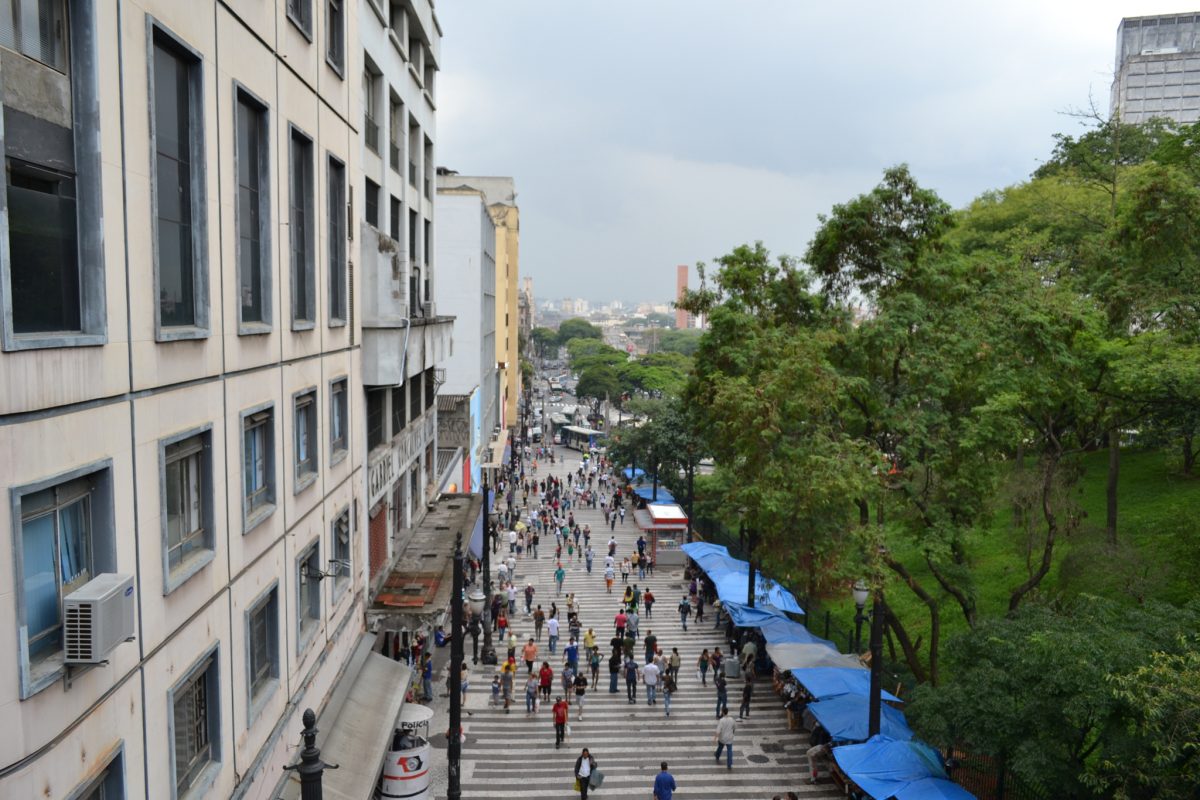By Carole Excell (Posted: August 14, 2014)
Mining and oil extraction projects in Colombia have been deemed of paramount importance due to the great potential to support needed economic development. By the end of the decade, mining is predicted to account for 13 percent of the country’s GDP. Indigenous and Afro-Colombian communities of Colombia, who constitute 30.5 percent of the country’s population, may face great risk and uncertainty over the next decade as large-scale mining projects expand at a rapid rate. Half of the country’s total forested land is located in Afro-Colombian or indigenous community territories. Such resource-rich areas are highly sought after by players in the extractive industry. Yet the incoming mining boom must not be prioritized to the determinant of Indigenous and Afro-Colombian communities at a time when their input and involvement is most crucial. These are the issues that Asociacon Ambiente y Socieded (AAS), works on, a Bogota-based civil society organization which seeks to ensure effective people have a say in policies, processes, and decision-making related to environmental matters. AAS is a member of The Access Initiative (TAI) the world’s largest civil society network of advocates and thought leaders dedicated to ensuring that citizens have the right and ability to influence decisions about the natural resources that sustain their communities. Because of their work on important issues surrounding environmental governance in Colombia, TAI is thrilled to have the opportunity to collaborate with AAS on hosting the Global Gathering this year! AAS’ recent work includes analyzing the impacts of extractive industries on the collective rights of the territories and forests of peoples and communities, focusing on cases that deal with Afro-Colombian communities from the pacific region of the country. They strive to achieve effective implementation of rights to access to information, public participation, and access to justice within the following programmatic areas:
- Climate Change: focus on community-based issues and strategies regarding mitigation and adaptation, including forest communities;
- Citizenship: facilitate community members’ participation and access to information in local environmental matters;
- Development Projects: observe impacts of development projects and policies while encouraging civil society participation at decision-making platforms;
Additionally, AAS research examines the strengths and weaknesses of the three access rights in Latin America. AAS is part of the Regional Coalition for Transparency and Participation for Colombia with five other organizations from Perú, Bolivia, Ecuador and Brazil. Click here for more information. More on #TAI GG The Access Initiative’s Fifth Global Gathering will take place 29-31 October in Bogota, Colombia. This year’s Global Gathering is organized under an overarching theme of “Using Information, Data and Technology to Protect Forests and Strengthen the Rights of Forest-Dependent Communities”. Participants will be able to attend exciting sessions about using technology to improve forest governance and strengthen community rights, including new tools such as the Environmental Democracy Index and the Global Forest Watch. We will be examining such issues as can an increase in access to technology and information help strengthen the capacity of local people to effectively engage in key decision making forums? What tools and strategies could communities use to help monitor and manage local forest lost or gain? How can civil society organizations support these developments? To obtain more information about this global meeting, please contact: Carole Excell Project Director, The Access Initiative (cexcell@wri.org)

